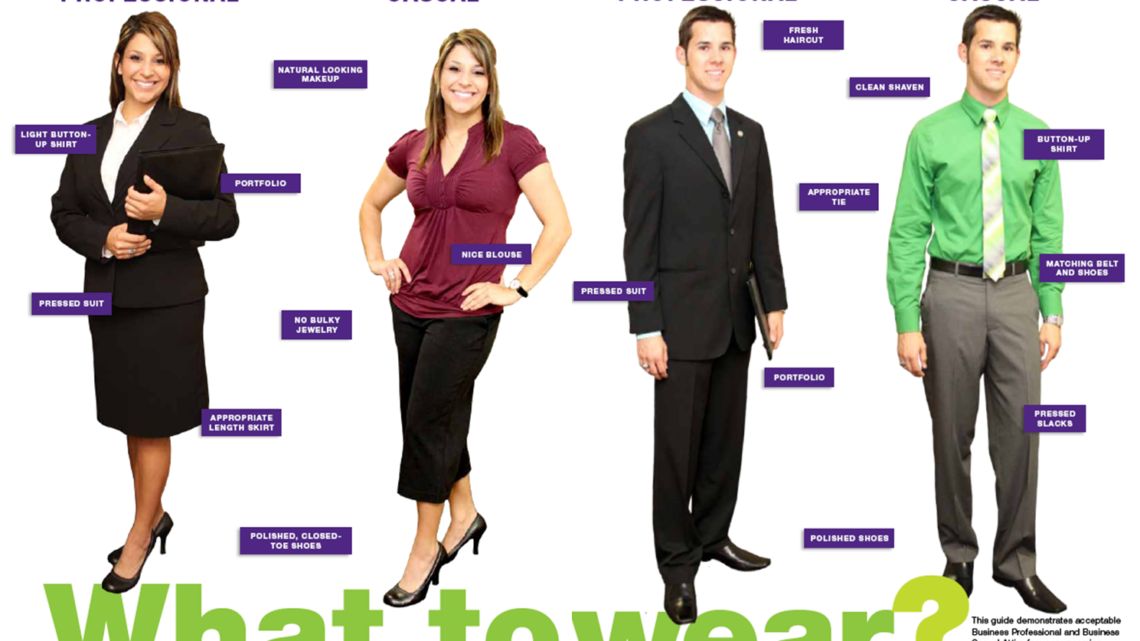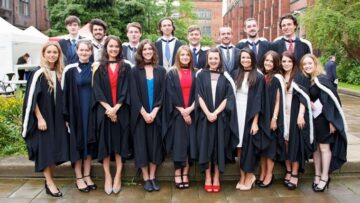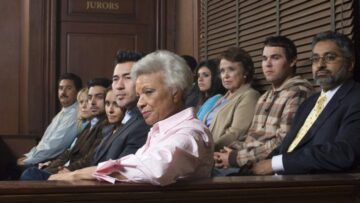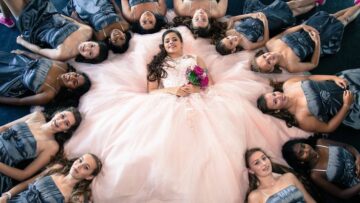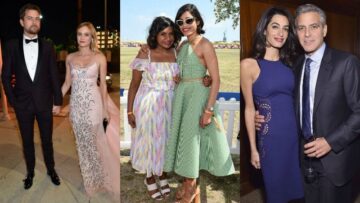Choosing the right outfit for a job interview can be challenging. Your clothing plays a crucial role in making a good first impression. This guide will help you decide what to wear to an interview, ensuring you feel confident and look professional.
Understanding the Company Culture
Before choosing your outfit, research the company’s culture. The dress code can vary depending on the industry, company size, and location. Here are some tips to understand the dress expectations:
- Visit the Company’s Website: Look at team photos or event images to gauge the dress code.
- Check Social Media: Company posts on LinkedIn or Instagram might give clues about their culture.
- Ask Your Recruiter: If in doubt, it’s okay to ask your recruiter or HR contact for advice.
General Guidelines for Interview Attire
Regardless of the industry, certain rules apply to all interview outfits.
- Dress Neatly: Ensure your clothes are clean, ironed, and free from wrinkles.
- Avoid Bright Colors: Stick to neutral tones like black, navy, gray, or white.
- Keep It Simple: Avoid excessive accessories or bold patterns.
- Wear Comfortable Shoes: Choose footwear that is both stylish and comfortable.
What to Wear for Different Types of Interviews
Different industries and roles require different attire. Here’s a breakdown based on common interview settings.
Corporate or Formal Business Interview
For industries like finance, law, or consulting, dressing formally is crucial.
- Men: Wear a dark-colored suit, white or light-colored dress shirt, and a conservative tie. Pair with polished dress shoes.
- Women: A tailored suit or a knee-length dress with a blazer works well. Opt for closed-toe heels or flats.
Business Casual Interview
Many companies have adopted a business casual dress code, especially in tech or creative industries.
- Men: A blazer with chinos or dress pants, and a button-down shirt without a tie. Leather shoes or loafers are appropriate.
- Women: A blouse with dress pants or a skirt. A simple dress with a cardigan is also a good choice. Low heels or flats complete the look.
Casual Interview
Startups and some creative industries may have a more relaxed dress code.
- Men: A neat button-down shirt or polo with chinos or dark jeans. Sneakers can be acceptable if they’re clean and stylish.
- Women: A casual dress, or a blouse with jeans or trousers. Flats or clean sneakers are usually fine.
What Not to Wear to an Interview
Avoid these common mistakes when dressing for an interview:
- Overly Casual Clothes: Avoid wearing t-shirts, flip-flops, or shorts.
- Too Much Jewelry: Keep accessories minimal to avoid distractions.
- Strong Fragrances: Go easy on perfume or cologne to avoid overwhelming your interviewer.
- Revealing Outfits: Ensure your attire is modest and professional.
Grooming and Personal Presentation
Your personal grooming is just as important as your outfit. Follow these tips:
- Hair: Ensure your hair is clean and neatly styled.
- Nails: Keep your nails clean and trimmed. Avoid bright nail polish.
- Facial Hair: Men should either be clean-shaven or have a well-groomed beard.
- Makeup: Women should opt for natural-looking makeup.
Final Tips for Dressing for an Interview
- Test Your Outfit: Try on your outfit a few days before the interview to ensure it fits well and is comfortable.
- Plan Ahead: Lay out your clothes the night before to avoid last-minute stress.
- Dress a Step Above: When in doubt, it’s better to be slightly overdressed than underdressed.
Common Mistakes to Avoid
Avoid these pitfalls to ensure you make a great impression:
- Wearing New Shoes: New shoes might cause discomfort. Wear them around the house beforehand to break them in.
- Ignoring Weather Conditions: If it’s raining, bring an umbrella. If it’s cold, wear a coat that complements your outfit.
- Forgetting to Remove Tags: Ensure all tags and stickers are removed from new clothes before the interview.
FAQs
Q: Can I wear jeans to an interview?
A: It depends on the company culture. In casual environments, dark jeans paired with a nice shirt or blouse may be acceptable. However, for corporate or formal settings, avoid jeans.
Q: Are open-toed shoes appropriate for an interview?
A: In most cases, closed-toe shoes are recommended for interviews. Open-toed shoes may be acceptable in creative or casual environments but generally lean towards more conservative options.
Q: What should I do if I don’t have a suit?
A: If you don’t own a suit, opt for a blazer and dress pants or a neat dress. The key is to look polished and professional.
Q: Is it okay to wear a black dress to an interview?
A: Yes, a black dress can be an excellent choice, especially when paired with simple accessories. Just ensure the dress is professional and not too flashy.
Q: Should I wear a tie to a business casual interview?
A: A tie is usually not necessary for a business casual interview. However, if you’re unsure, it’s safer to bring one and decide once you arrive.
Q: How much makeup should I wear to an interview?
A: Keep your makeup natural and understated. The goal is to look polished without being distracting.
Conclusion
Dressing appropriately for an interview is essential to making a positive impression. By understanding the company culture, adhering to general guidelines, and avoiding common mistakes, you can choose an outfit that reflects your professionalism and confidence. Remember, when in doubt, it’s always better to be slightly overdressed than underdressed. Good luck with your interview!

